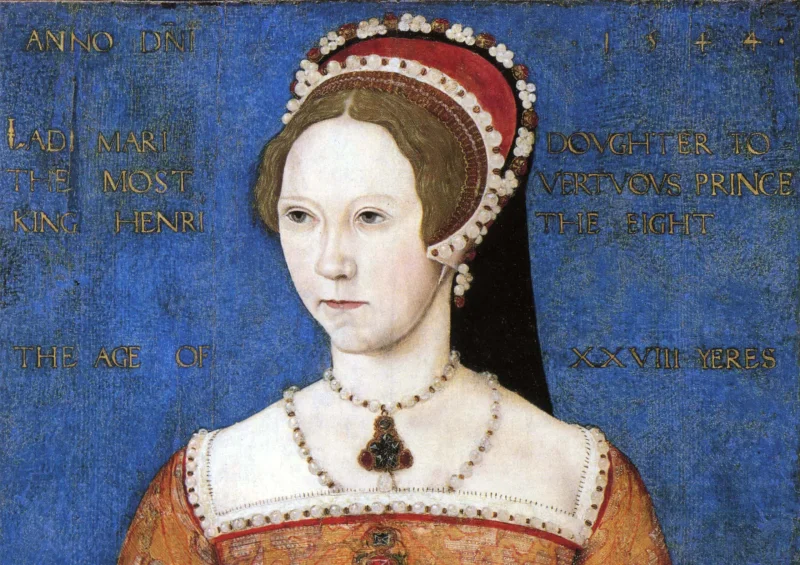Short Summary
Empedocles was a pre-Socratic Greek philosopher, poet, and physician who lived in the 5th century BCE. He is best known for his theory that all matter is composed of four elemental roots: earth, air, fire, and water. Empedocles also proposed the forces of Love and Strife as fundamental to the process of change and evolution in the universe. His work laid the groundwork for later philosophical and scientific inquiry and has earned him a place among the most influential thinkers of ancient Greece.
Early Life & Education
Empedocles was born around 490 BCE in Acragas, a Greek city in Sicily, into a wealthy and influential family. His father, Meton, was reputed to have been a leading political figure. Empedocles was educated in the rich cultural environment of Acragas, which was a hub of philosophical thought. He was influenced by the teachings of Pythagoras and Parmenides, among others. This early exposure to philosophical ideas and a variety of disciplines, including poetry and medicine, shaped his intellectual pursuits and led him to explore the nature of reality, the cosmos, and human experience.
Career Highlights
Throughout his career, Empedocles was renowned not only as a philosopher but also as a poet and physician. He is credited with the authorship of two major works: "On Nature" and "Purifications," which articulated his theories on the four elemental roots and cosmic forces. As a physician, he was said to have performed miraculous cures and was highly regarded for his medical knowledge. Empedocles was also politically active and advocated for democratic ideals, often speaking out against tyranny and corruption in his city.
Major Achievements
- Developed the theory of the four basic elements: earth, air, fire, and water, which became foundational in ancient and medieval science.
- Introduced the concept of forces of Love and Strife as governing cosmic processes, influencing later philosophical thought.
- His work contributed significantly to the fields of metaphysics and cosmology in Western philosophy.
Famous Quotes
- "The nature of God is a circle of which the center is everywhere and the circumference is nowhere."
- "The things we see are a reflection of the things we do not see."
Interesting Facts
- Empedocles was rumored to have died by throwing himself into Mount Etna to prove his divinity.
- He was one of the first to propose that light travels at a finite speed.
- Empedocles was a proponent of vegetarianism and believed in the transmigration of souls.
Legacy / Influence
Empedocles' theories on the four elements and cosmic forces influenced later philosophers such as Plato and Aristotle. His ideas on the nature of the universe and change provided a foundation for scientific inquiry in the ancient world. His blend of philosophy, poetry, and science has continued to captivate scholars throughout history, securing his place as a seminal figure in Western thought.
FAQ
Q: Why is Empedocles famous?
A: He is famous for his theory of the four elements and the forces of Love and Strife as fundamental cosmic principles.
Q: What are the four elements according to Empedocles?
A: The four elements are earth, air, fire, and water.
Q: Did Empedocles contribute to medicine?
A: Yes, he was a physician known for his medical knowledge and reputed healing abilities.
Q: What was Empedocles' view on the soul?
A: He believed in the transmigration of souls and was an advocate of vegetarianism.













